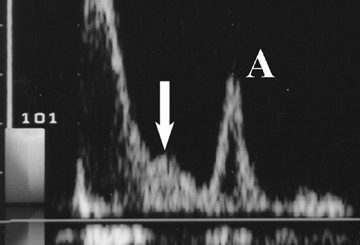Medicine MCQs- 17
Contents
- 1 Frontal gait disorder is also known as -
- 2 Tropical spastic paraparesis is caused by -
- 3 Most common cause of frontal gait disorder is -
- 4 Most common dementia diagnosis among older adults
- 5 Shuffling gait seen characteristically in -
- 6 Commonest cause of cerebellar ataxia in older patients -
- 7 What is the commonest type of gait disorders can also be classified by etiology?
- 8 Cerebellar gait ataxia is characterized by ALL of the following EXCEPT -
- 9 FREEZING GAIT is seen in all of the following EXCEPT -
- 10 ALL of the following are correct about 'cautious gait' EXCEPT -
Frontal gait disorder is also known as -
Frontal gait disorder sometimes known as gait apraxia,
Tropical spastic paraparesis is caused by -
HTLV-1
Tropical spastic paraparesis - is a medical condition that causes weakness, muscle spasms, and sensory disturbance by human T-lymphotropic virus
Most common cause of frontal gait disorder is -
Most common cause of frontal gait disorder is vascular disease
Most common cause of frontal gait disorder is vascular disease, particularly subcortical small-vessel disease. Lesions are frequently found in the deep frontal white matter and centrum ovale.
Most common dementia diagnosis among older adults
Alzheimer’s disease,
Shuffling gait seen characteristically in -
Parkinsonian gait known as shuffling gait presents as short steps, narrow-based with flexed knees and stooped posture.
Commonest cause of cerebellar ataxia in older patients -
Causes of cerebellar ataxia in older patients include stroke , trauma,tumor,and neurodegenerative disease
What is the commonest type of gait disorders can also be classified by etiology?
Gait disorders can also be classified by etiology
Sensory deficit - 18%
Myelopathy - 16%
Multiple infarcts - 15%
Parkinsonism -11%
Cerebellar gait ataxia is characterized by ALL of the following EXCEPT -
Cerebellar gait ataxia is characterized by a
wide base of support
Lateral instability of trunk
Erratic foot placement
Decompensation of balance
FREEZING GAIT is seen in all of the following EXCEPT -
Parkinsonism
Progressive supranuclear palsy
Multiple-system atrophy
Corticobasal degeneration
ALL of the following are correct about 'cautious gait' EXCEPT -
walks with an abbreviated stride and lowered center of mass, as if walking on a slippery surface
This disorder can be observed in more than one-third of older patients with gait impairment.





